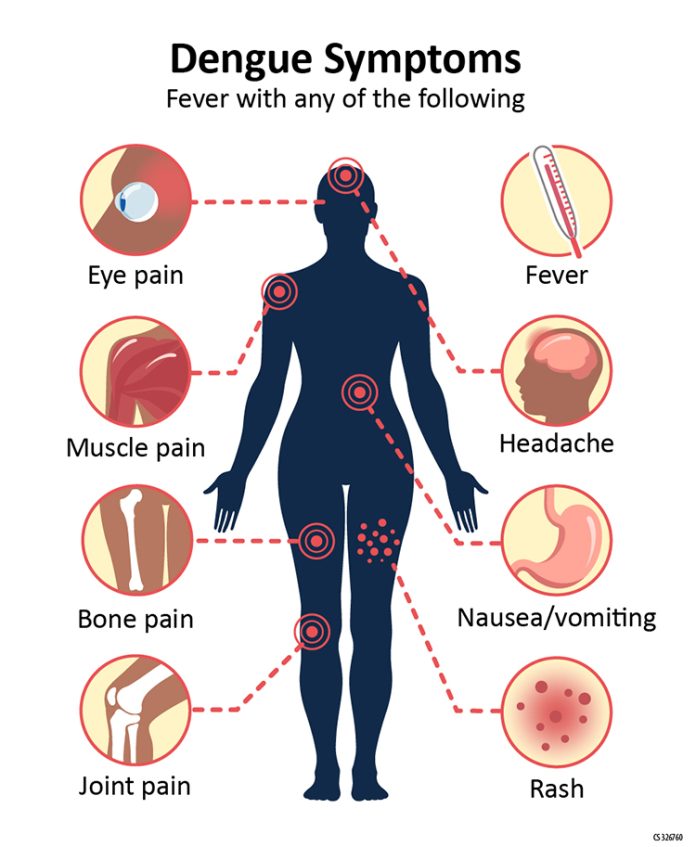While Africa is no stranger to the relentless battle against infectious diseases, a new study has shed light on a concerning trend in the region.
Malaria and dengue fever are two of the leading causes of acute, undifferentiated febrile illness in Africa.
However, the frequent misdiagnosis of dengue fever as malaria has emerged as widespread issue.
In a bid to tackle the problem, a comprehensive study was conducted through the analysis of existing research to estimate the prevalence of coinfection involving dengue and malaria among patients suffering from acute undifferentiated febrile diseases in Africa.
The research team comprised Doctors Tewelde T. Gebremariam1, Henk D. F. H. Schalling, Zeleke M. Kurmane and Jonas B. Danquah. Their exhaustive search, they noted, extended up to May 19, 2023, to ensure access to the most up-to-date information.
They said they delved into a variety of sources, combining publications in renowned databases like PubMed, the Cochrane Library and Google Scholar to arrive at their assumptions which will be further deliberated upon during their upcoming ASTMH Annual Meeting at a 5-day conference to in Chicago, USA, from 18-22 October 2023.
The researches employed a random-effects meta-analysis and meta-regression to compile and scrutinize the prevalence estimates from numerous studies.
They say that their analysis encompasses a total of twenty-two studies consisting 22,803 acute undifferentiated febrile patients. These patients hailed from ten different countries across Africa, representing a diverse cross-section of the population.
The meta-analysis, it was noted, disclosed a startling finding: the pooled prevalence of malaria and dengue coinfections stood at 4.2%.
Moreover, the study also unearthed regional disparities in the prevalence rates, with Central Africa topping the list at 4.7%, followed by East Africa and West Africa at 16%.
Perhaps, the most concerning revelation in the study was the temporal trend in the prevalence of coinfection. The study highlights a significant increase in the prevalence of Plasmodium Falciparum and acute dengue virus coinfections across the continent.
During the period spanning 2008 and 2013, the study shows that prevalence was just 0.9% but this figure surged at 3.8% during 2014-2017 and skyrocketed further to 5.5% during 2018-2021.
These findings, they noted, raise questions about the changing landscape of infectious diseases on the continent and the implications for healthcare systems.
The study, according to the team, underlines the important of accurate diagnosis and treatment for malaria and dengue fever in Africa, given the alarming prevalence of coinfections.
Health authorities, medical practitioners and researchers are also urged on the need to pay heed to these findings to address this growing public health concerns.


